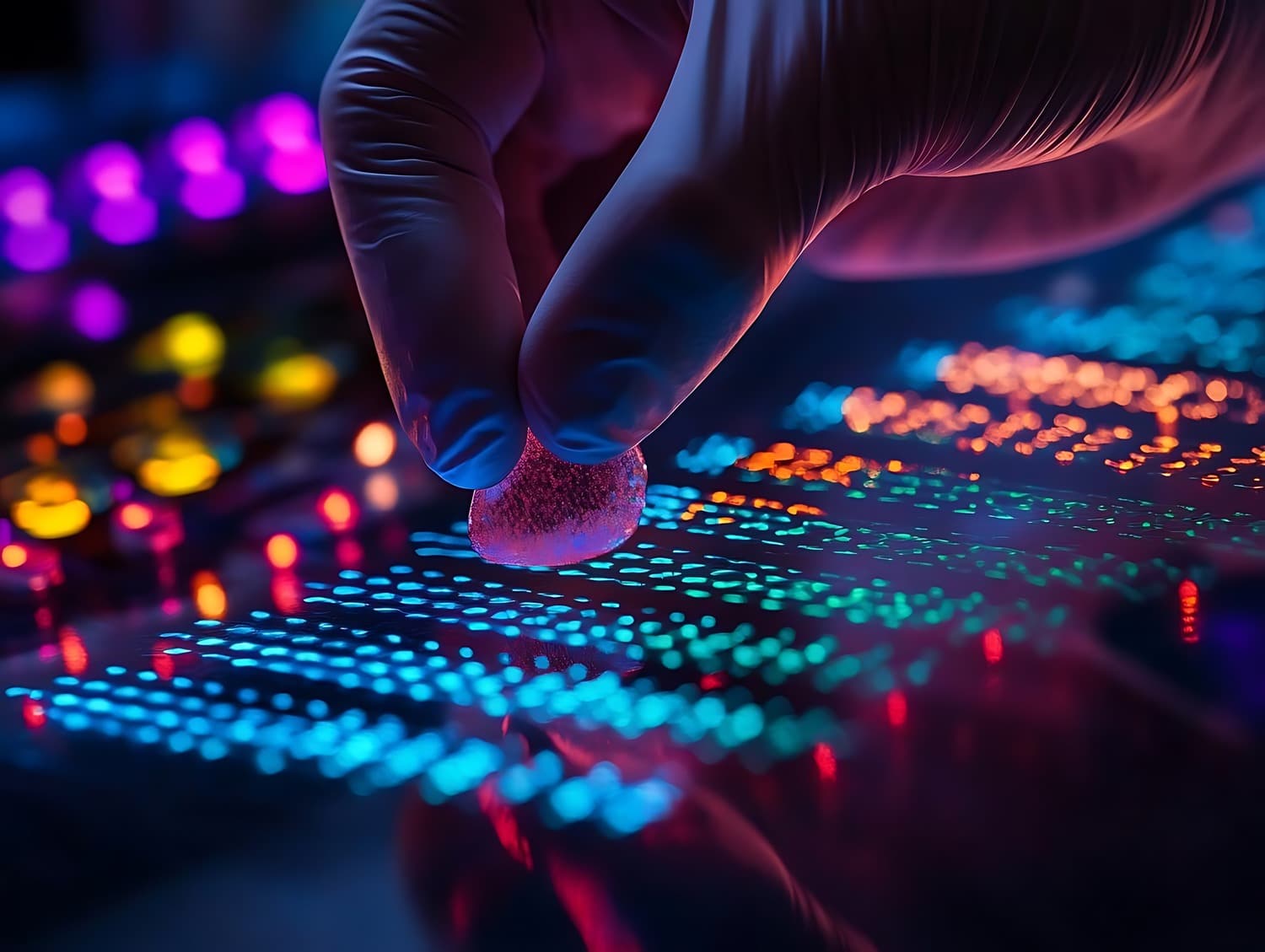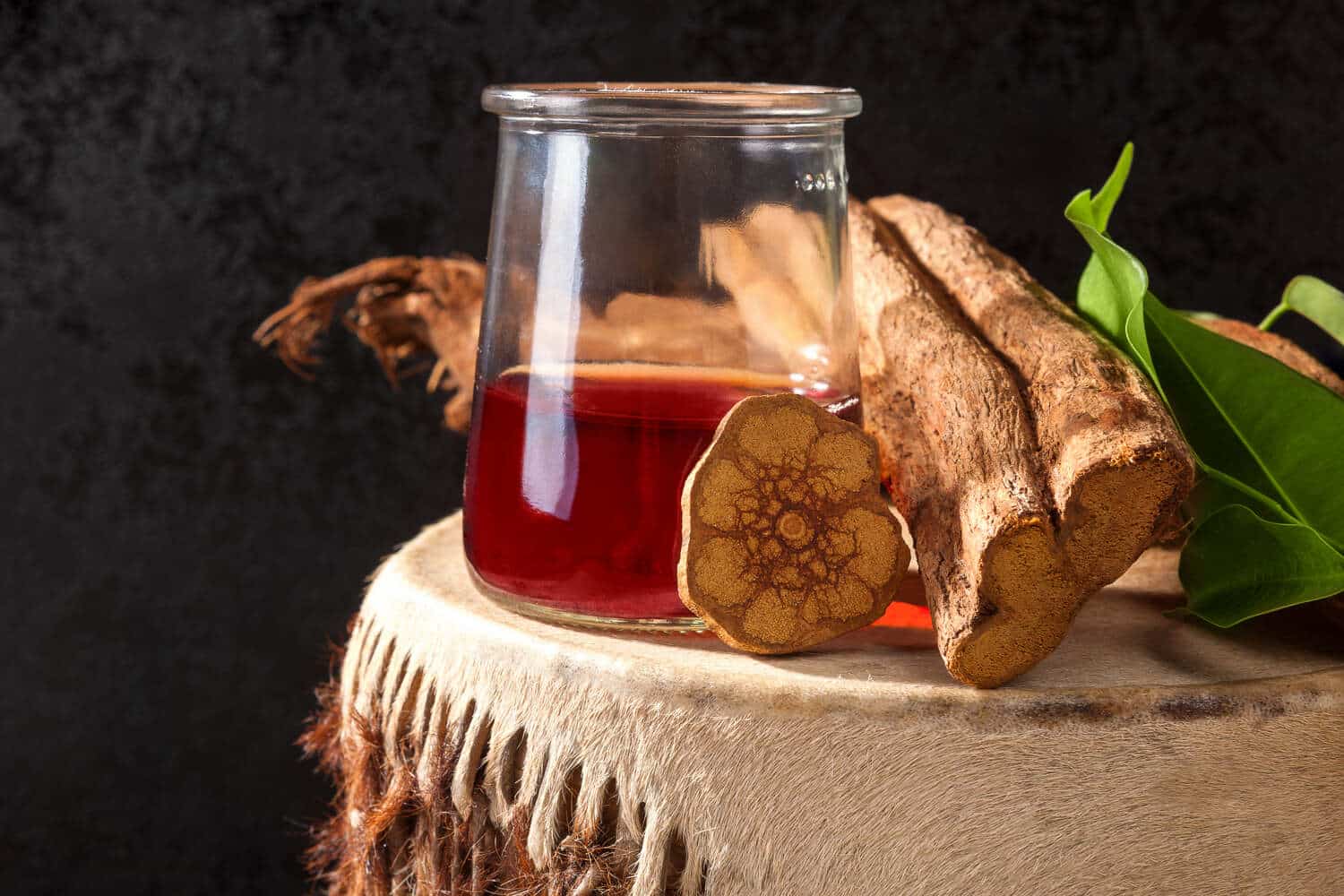Breaking free from opioid dependence can feel impossible, but the right treatment approach can make sobriety more accessible. Ibogaine has emerged as a powerful tool for managing withdrawal, helping ease discomfort, and reducing cravings. Unlike traditional detox methods, ibogaine works by resetting your brain’s opioid receptors, significantly alleviating withdrawal symptoms.
This natural, psychoactive compound offers a path to recovery that feels more manageable for many people. If you have struggled with withdrawal before, ibogaine might be the breakthrough you have been searching for.
What is Opiate Withdrawal?
If you have ever tried to stop using opioids, you know how intense withdrawal can be. Your body has adjusted to relying on opioids, so when you cut back or quit, you may experience severe symptoms. Withdrawal can include painful and frustrating symptoms like muscle aches, nausea, sweating, anxiety, and intense cravings.
The severity of withdrawal depends on factors including how long you have been using opioids and the type of opioid involved. Without proper medical care, withdrawal can feel unbearable, but there are solutions that can make the process easier.
Managing Opiate Withdrawal Symptoms with Ibogaine
Ibogaine is a treatment that can help reduce your withdrawal symptoms within hours. Instead of suffering through the worst of detox, ibogaine resets neurotransmitter activity in your brain, helping ease cravings and physical discomfort. Unlike conventional detox programs, ibogaine provides a smoother transition, allowing you to focus on recovery without overwhelming suffering.
Ibogaine can help patients detox from a variety of short-acting opioids. It can also be used to treat patients who have been using long-acting opioids, such as suboxone and methadone, but patients must first detox and switch to short-acting opioids. This ensures that treatment will be safe and effective.
Opiate Withdrawal Timeline: How Long Do Opiate Withdrawal Symptoms Last?
The timeline of opiate withdrawal usually depends on the detox method you choose and the type of opioids in your system. Traditional detox can take weeks, but ibogaine significantly impacts that timeline.
People detoxing from short-acting opioids usually experience symptoms within the first 8-24 hours, and acute symptoms may last for 3-10 days, and post-acute symptoms for weeks or even months depending on the type of opioid.
People detoxing from long-acting opioids will experience symptoms after 12-48 hours, and symptoms may last for many months even up to a year.
Potential Challenges During Opioid Withdrawal
Opioid withdrawal presents physical, mental, and emotional challenges. Here are some of the most common symptoms and difficulties patients face when they are detoxing from opioids, even when they opt for ibogaine treatment. While ibogaine does ease these symptoms, it works differently for everyone.
Physical Symptoms
Your body has been dependent on opioids, and while ibogaine eases withdrawal, some discomfort may linger. Muscle aches, nausea, and chills can still occur, but they tend to be far less intense compared to traditional detox methods.
Psychological Distress
Withdrawal is not just about your body; it deeply affects your emotions, too. You may face anxiety, mood swings, and depression during this period. Ibogaine helps regulate brain chemistry, but continued emotional support is very important for lasting recovery.
Cravings and Risk of Relapse
Ibogaine has been shown to reduce cravings, but addiction recovery is a long-term journey. That’s why having a strong support system, therapy, and relapse prevention strategies in place is crucial to help you maintain sobriety.
Sleep Disturbances
You might experience difficulty sleeping or vivid dreams after your treatment. Relaxation techniques and a consistent bedtime routine will improve your rest even further.
Dehydration and Nutritional Deficiencies
Your body needs proper nourishment to heal after your treatment. So, you need to stay hydrated and eat nutrient-rich food to help you restore your strength and improve your overall well-being during recovery.
Social and Emotional Isolation
When you go through withdrawal, it can feel isolating, but you do not have to face it alone. Reaching out to a support group can make a big difference and help you stay motivated.
Managing Co-Occurring Disorders
If you constantly struggle with anxiety, PTSD, or depression, withdrawal can amplify those symptoms. Ibogaine may help, but therapy and other mental health support will become crucial for your long-term success.
Post-Treatment Fatigue
Fatigue is very common after both detox and ibogaine treatment, but rest, gentle movement, and proper nutrition will help you regain your strength over time.
The Ibogaine Treatment Process
Knowing what to expect during your ibogaine treatment can help you prepare for your treatment process. Here is how the process works:
- Pre-Treatment Evaluation: Medical professionals assess your health to determine if ibogaine is a safe option for you.
- Administration Phase: Under medical supervision, you will be given a precise dose of ibogaine. Its powerful effects start within hours of use.
- Post-Treatment Support: Your recovery does not stop after treatment. Follow-up care, lifestyle adjustments, and structured support systems help you set yourself up for long-term success.
How is Opiate Withdrawal Diagnosed?
If you are wondering whether you are experiencing opioid withdrawal, healthcare providers can use several methods to diagnose it. Your symptoms, medical history, and opioid use patterns all play a role in the diagnosis.
Tools like the Clinical Opiate Withdrawal Scale (COWS) help in determining the severity of your withdrawal. Physical signs such as dilated pupils, nausea, and sweating also indicate withdrawal. In some cases, blood tests may be used to determine the type and amount of opioids in your system.
Studies on Ibogaine for Opiate Withdrawal
Here are some of the ongoing or completed studies exploring the effects of ibogaine treatment for opiate withdrawal:
- Phase II clinical trial exploring ibogaine’s potential for opioid dependence: This study, started in 2020 at the Sant Joan de Reus Hospital in Spain, is the first-ever phase II clinical trial that examines the effectiveness of ibogaine treatment for opioid dependence. This ongoing trial tests the treatment protocol with ascending low doses on 20 patients who are dependent on methadone. The objective of this clinical study is to establish whether ibogaine treatment protocols can help patients with methadone detoxification.
- Subjective effectiveness of ibogaine treatment for problematic opioid consumption: This study, published by the Journal of Psychedelic Studies in 2017, was conducted to examine ibogaine’s effects on problematic opioid dependency and its long-term impact on psychological functioning. The study used online data collected from 88 patients who underwent ibogaine treatment in Mexico between 2012 and 2015. The survey analysis suggested that ibogaine treatment contributes to reducing opioid use and creating positive psychological effects.
- An observational study of ibogaine treatment outcomes for opioid dependence: The study was published in 2016 in The American Journal of Drug and Alcohol Abuse. Its objective was to examine the long-term effects of treatment on patients receiving ibogaine treatment for opioid use. This observational study examined treatment outcomes for 14 patients using the Addiction Severity Index-Lite measurement. The study concluded that a single ibogaine treatment effectively minimized withdrawal symptoms associated with opioid use and helped reduce dependency.
- Observational study of the long-term efficacy of ibogaine-assisted therapy: This is an observational case study conducted by MAPS at two different ibogaine treatment clinics in Mexico. The study involved 30 participants who underwent ibogaine treatment for opiate dependence. Its main purpose was to examine whether ibogaine therapy helps patients overcome opiate dependence and creates positive changes in their lives. The 12-month long observation suggested that ibogaine was associated with a notable reduction in withdrawal symptoms and drug dependence.
Aftercare and Long-Term Recovery
The journey does not end after ibogaine treatment because staying sober requires ongoing effort. Here’s how you can maintain long-term success:
- Therapeutic Support: Counseling, group therapy, and addiction specialists can help you stay on track.
- Healthy Lifestyle Choices: Exercise, a nutritious diet, and mindfulness techniques will support both your physical and mental health.
- Relapse Prevention Strategies: Identifying your triggers and having a plan in place can help prevent setbacks in your journey.
When to Seek Professional Help
Going through withdrawal alone is difficult, but professional help can make the process far more manageable for you. Supervised ibogaine therapy offers you a safe, structured approach that increases the likelihood of long-term recovery.
If opioid dependence has taken control of your life, medically-supervised ibogaine treatment could be the best way to achieve lasting change. Contact Experience Ibogaine today and speak with our healthcare team to start your journey to recovery.
Frequently Asked Questions (FAQs)
Several studies have shown ibogaine’s potential in alleviating opioid withdrawal symptoms. While more research is needed, these studies have shown promising evidence for its effectiveness.
Ibogaine treatment can rapidly alleviate withdrawal symptoms within a single session. Patients start experiencing significant relief shortly after ibogaine use, facilitating a smoother detoxification process.
Unlike conventional medications that may require long-term use, Ibogaine is a psychoactive substance that targets the root causes of addiction. It works by resetting your brain’s neural pathways and reducing cravings. Ibogaine mainly focuses on interrupting addiction patterns without replacing one substance dependency with another.
Ibogaine significantly reduces withdrawal symptoms and cravings, making your detoxification process a lot more manageable. However, ibogaine is not a cure, and ongoing aftercare and support are also very important for sustained recovery. Some patients may still experience mild discomfort, but the intensity and duration of withdrawal symptoms are typically much less than with traditional detox methods.
Ibogaine provides a window of opportunity by reducing cravings and facilitating emotional introspection. While ibogaine does offer a strong foundation, maintaining your sobriety requires comprehensive aftercare and lifestyle changes to prevent relapse.
Yes. Ibogaine is effective for people with a history of multiple relapses. It addresses both physical dependence and underlying psychological factors. Ibogaine’s holistic approach can be particularly helpful for people who have struggled with traditional treatment methods.



